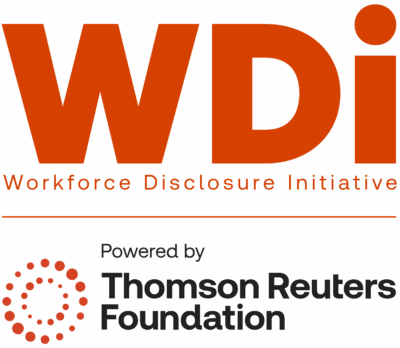Addressing system-level risks of inequality: information needs and stewardship
Today, the richest 10% of the global population earn more than half of the world’s income and hold three quarters of the world’s wealth. At the same time, we are in the midst of the largest cost of living crisis in a generation and hundreds of millions of people around the world are fighting for their basic needs to be met.
Negative impacts on people presents risks to businesses and financial institutions. They can also accumulate and in turn generate system-level risks that undermine social stability, the short-, medium-, and long-term performance of the economy, the stability of financial systems, and returns from diversified investment portfolios.
Businesses and financial institutions each have a critical role to play in mitigating system-level risks and reaping these opportunities by improving outcomes for all people and reducing the accumulation of inequalities. The private sector’s collective response to climate change and nature loss has demonstrated its ability to coordinate to tackle global system-wide risks.
Yet today there is a lack of clarity on how their actions impact people and contribute to inequalities, how these impacts and inequalities present entity-level and system-level risks to business and finance, and how addressing them can open new opportunities.
This session explores investor information needs, effective system stewardship, the connection between individual company impacts and portfolio performance, and the role of disclosures, where TISFD aims to enhance decision-useful information.
Framing this topic
This short section provides context for the event to ensure all participants, regardless of prior knowledge, are equipped to engage with the discussion.
Diversified investors aren’t just invested in individual companies—they’re invested in whole economy. Their long-term returns depend on the strength and resilience of the systems that support the broad economy: a stable climate, a healthy workforce, and well-functioning institutions.
System stewardship means not just managing risks at individual companies—it’s about protecting the conditions that sustain overall market performance. To meet this challenge, investors must address the root causes of systemic threats. Healthy environmental and social systems cannot be treated as a side issue—they’re the foundation of long-term financial performance.
Read more:
TISFD – People in Scope
The Shareholder Commons – System Stewardship Theory










